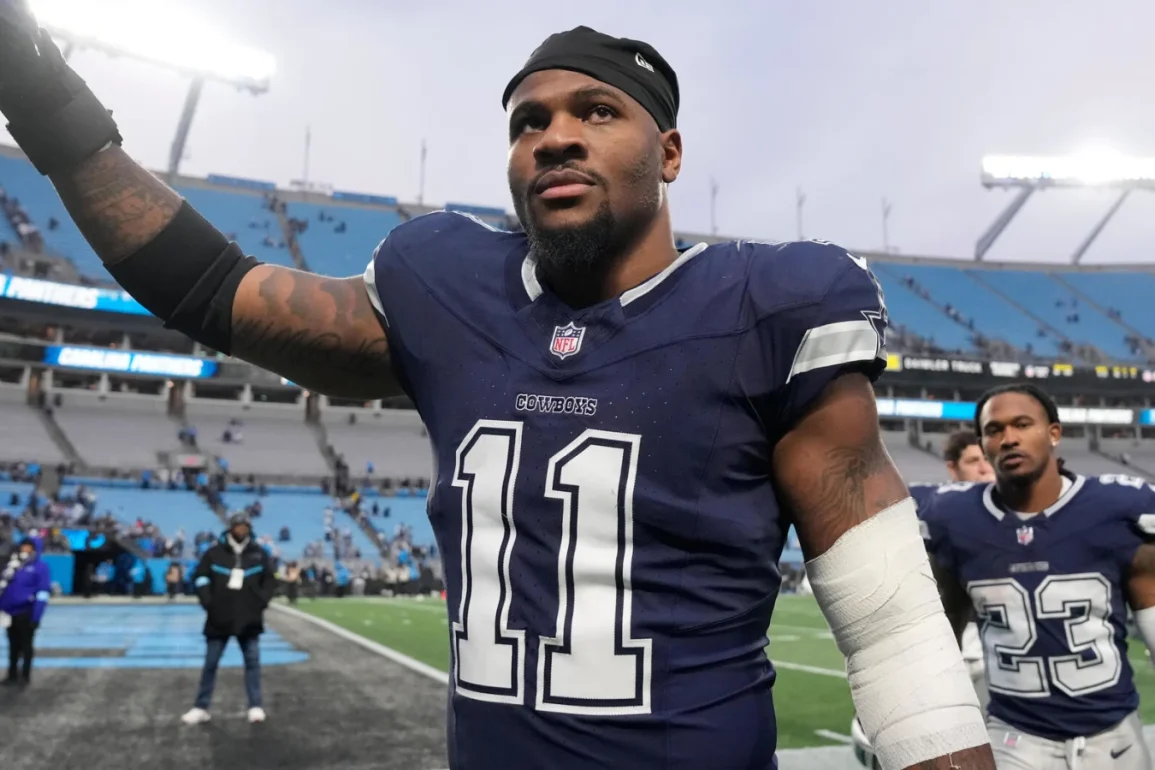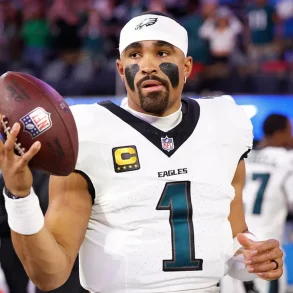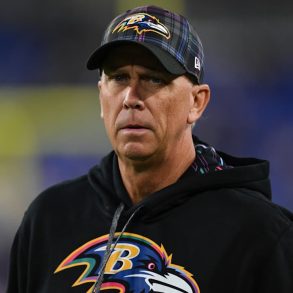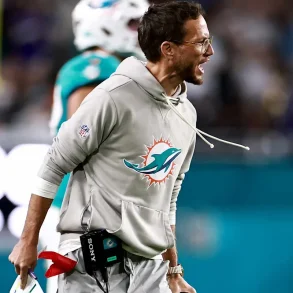The Dallas Cowboys have consistently delayed contract extensions for their star players, which has proven to be a costly mistake. Negotiations for quarterback Dak Prescott and wide receiver CeeDee Lamb dragged on far longer than necessary, resulting in no financial advantage for the team.
The NFL salary cap and market rates for top players are rising rapidly, making early contract extensions a strategic necessity. Instead of securing key players at a reasonable rate, the Cowboys have allowed negotiations to extend unnecessarily, ultimately increasing the cost of retaining their talent.
Cowboys’ Hesitation on Parsons’ Extension Could Lead to Costly Contract Consequences
Despite past mistakes, the Cowboys appear to be making the same error with Micah Parsons, one of the league’s premier pass rushers. Parsons’ elite performance and versatility make him an obvious candidate for an early extension, yet the team has delayed negotiations.
Though he became eligible for an extension in 2024, the Cowboys opted to exercise his fifth-year option instead, pushing a long-term deal further down the road. This inaction has left Parsons in a position where his contract value continues to escalate as other top pass rushers set new market benchmarks.
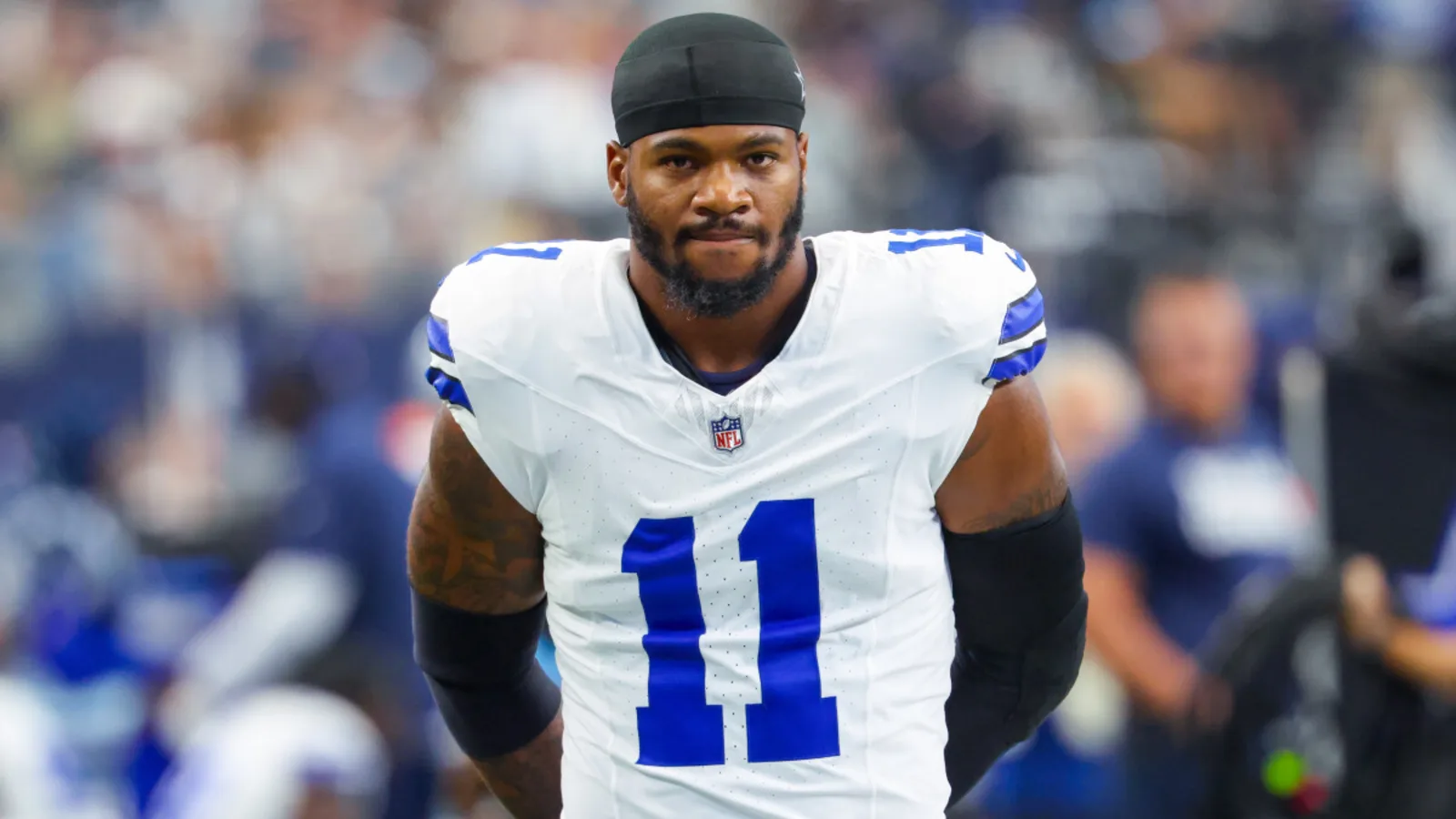
The Cowboys’ hesitation has already led to significant financial consequences. Had they extended Parsons in 2024, his contract might have aligned closely with Nick Bosa’s $34 million-per-year deal. However, the market has since been reset, with Myles Garrett signing an extension at $40 million per year.
Maxx Crosby and Danielle Hunter also secured lucrative deals worth above $35 million annually. Because of these new benchmarks, Parsons’ next contract will likely start at $40 million per season—substantially higher than what Dallas could have secured him for earlier.
Cowboys’ Delay in Extending Parsons Leads to Higher Costs and Lost Flexibility
With the market now dictating higher prices, the Cowboys will have to pay a premium to retain Parsons. As one of the youngest and most dynamic pass rushers in the league, Parsons has every reason to demand a contract that surpasses Garrett’s.
The team’s failure to act sooner could result in an overpayment of at least $5 million per year, totaling an additional $20 million over a four-year contract. This unnecessary financial burden could have been avoided with proactive decision-making, which would have also provided the team with more salary cap flexibility.
The Cowboys’ hesitation to adjust to the shifting dynamics of NFL contracts continues to frustrate fans and analysts alike. Other successful teams have recognized the value of securing key players early to avoid inflated costs, yet Dallas remains passive in these negotiations.
By repeatedly delaying deals until the market dictates higher prices, they forfeit financial leverage and miss critical opportunities to strengthen their roster. If the Cowboys fail to change their strategy, they will likely remain stuck in this expensive cycle, making it harder to construct a championship-caliber team.



